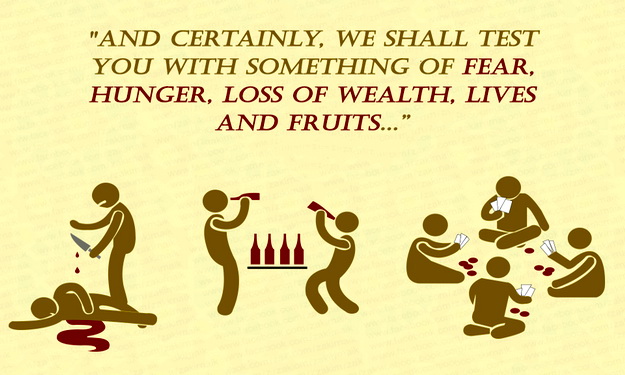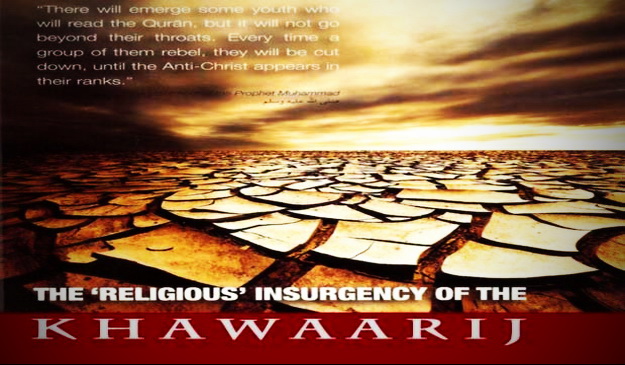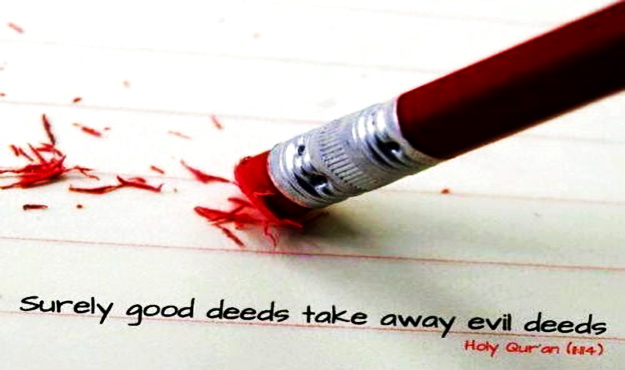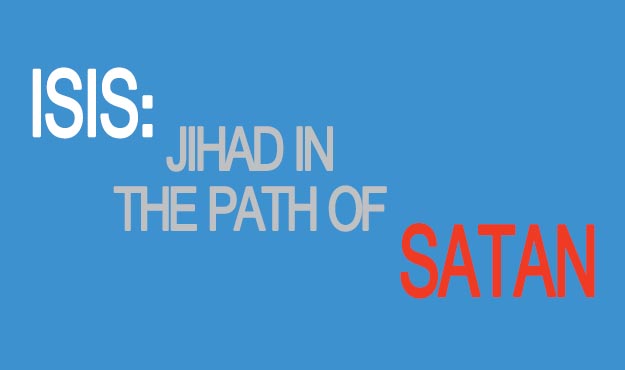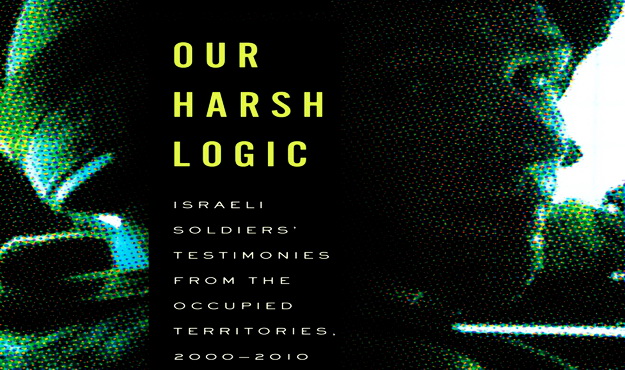Forget others, can we find peace with ourselves?
4 Jan 2009, 0000 hrs IST,
M J Akbar
The only good thing about 2008 is that it is over. What remains intriguing is the optimism with which we wish peace in a new year when there is none within view. We lost peace in the China war of 1962 and have not found it again. Since then blood has been shed in conventional war, domestic strife, communal bitterness, secessionist mayhem, Maoist insurrection and, worst of all, terrorism. If it was not the enemy without, battering at our integrity, it was the spoilt child within, ripping up stability with violent belligerence. Powerful politicians often nurtured this child in search of votes, and screamed like hypocrites when it turned into a monster.
In the fond hope that music is an antidote to depression, I have been searching for a theme song for 2008. How about this old Mukesh-Raj Kapoor number?
Aasman mein hai Khuda, aur zamin pe hum
Aaj kal wo is taraf dekhta hai kum
(God is in His Heaven, we’re here on earth
These days, alas, He gives us a wide berth).
The poet does not make facile accusations against the Almighty; he provides evidence:
Chal rahi hain goliyan,
phat rahe hain bomb.
If Raj Kapoor found the bullets and bombs of the Fifties troublesome, he might have given up singing in 2008. The first decade of free India was also the last decade of peace. We got so excited that we named Nehru the world’s Messenger of Peace. Even Pakistan, after going to war in Kashmir within ten weeks of freedom, opted for the calm of the status quo.
It is axiomatic that the enemy will not attack unless he perceives vulnerability within us. China was encouraged by Nehru’s complacent defence minister Krishna Menon, who thought oratory was a substitute for firepower. Gen Ayub Khan’s hallucinations in 1965 were surely prompted by our military failure in 1962. Gen Zia ul Haq realized that India could no longer be defeated in conventional war, and so shifted his attention to the soft underbelly, the weak ring around a civilian India groping through complex socio-political challenges and aspirations. He exploited Punjab with malign dexterity; but it was our political class that let Punjab happen.
That is a quarter century ago. We have developed, since then, a fine military, become a nuclear power and, within the last decade, turned into a story for the business pages. Why does a terrorist organization sitting in Pakistan still consider us vulnerable enough to mount an audacious invasion, weaving its way through the corruption of our systems and the chaos of our cities?
Corruption and chaos are symptoms. The true fault lines lie elsewhere. In 60 years, we should have become a rich country with poor people. Instead we remain a poor country with rich people. Equality is a chimera; we recognize that. But a nation cannot abandon equity as the operative principle of economic growth.
Philip Larkin, the bitter-sweet English poet, once semi-joked that sex began in 1963. Ideology died in 1991. Britain discovered sex in social liberation. Ideology was killed when a laissez faire philosophy, fattened on the corpse of the Soviet Union, took over. I am no admirer of Soviet socialism; it was a dreary concept, fettered in bureaucratic aridity, and pumped up by pseudo-imperialism. But when the fetid bathwater was thrown away, some vital babies disappeared as well. Among them was the responsibility of government as arbitrator between wealth and justice. Delhi abandoned past policy with good reason, but forgot that the poor must be part of any rising story if that rise has to be sustained. Our upper world is the stuff of television, advertising and government claims, but there is a nether world of poverty, indifference and crime. It will not remain quiescent forever.
Time is not infinite. We measure history by the length of our lifetimes, even if our lives might merit no more than a sentence in future tomes. 2009 will be the last year of another decade. Can we look forward to a new decade of comparative peace? We may or may not find peace with our enemies. Can we find peace with ourselves?
Not until there is a political leadership as committed to India as it is committed to office.
Perhaps another line of poetry is needed:
Nazaron mein lagi hai pabandi,
deedar ki baatein karte hain!
(There is a blindfold across their eyes,
and they talk of vision!)
This article appeared on the website of
The Times of India, on January 04, 2009.
 navedz.com a muslim's Quest for the truth
navedz.com a muslim's Quest for the truth
